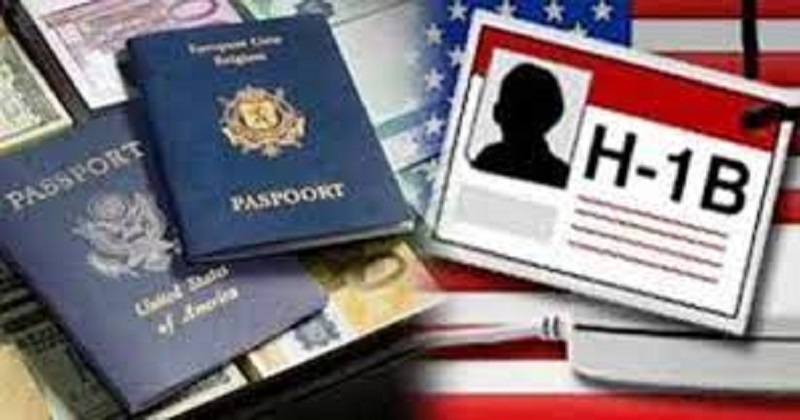
The US mission in India has announced that a record 82,000 student visas have been issued in 2022. Indians have received more US student visas than any other country. Even as the number of Indian students going to campuses in the US goes up, the number on optional practical training status too has seen a sharp rise.
For Indian students, OPT is an option to work in the US after their studies. OPT is temporary employment directly related to the applicant’s major area of study. The applicant may work for more than one employer or job, but all employment must be related to degree programme. According to the Open Doors survey in November 2020, there were 81,173 Indian students enrolled for the OPT programme.
In most cases, a job loss does not mean that the US immigration journey must come to an end. A new employer can file a new H-1B petition that is not ‘subject to the cap’ and obtain the approval for consular processing. If the individual already has a valid visa stamp from the prior employer, he or she can use it to return to the US.
Notably, in order to compete for the 65,000 available slots, H-1B visa petitions are subject to a quota and must be submitted during the first five days of April. A lottery for graduates of US colleges with master’s degrees or above selects additional 20,000 visa applications after the United States Citizenship and Immigration Services (USCIS) fills the 65,000 slots subject to the cap.
Indian students on F-1 visa may be more easily able to obtain part-time employment or unpaid training. Short-term gigs, contract work, and even self-employment are also allowed. Students should also be cautious of unscrupulous employers who provide an offer letter but no actual work. For those on OPT STEM [science, technology, engineering & maths] extension period, which is allowed for up to 24 months extra.
F-1 visa holders are granted ‘duration of status’ which allows them to stay in the US as long as their Form I-20 is accurate and unexpired. Students on OPT, who have not requested for a change of status to H-1B, can continue to remain in the U.S. while waiting for a visa slot. They may also be able to return to school for further studies.
For those who have not held H-1B status in the past, a for-profit employer must go through the lottery process. If the employer is an institution of higher education (or related non-profit entity) or government research organisation, the employer may be cap-exempt. Cap-exempt employers do not need to file during the lottery and can sponsor a worker at any time during the year. It is possible to work for both a cap exempt and cap-subject employer at the same time without filing for concurrent employment.

Post Your Comments